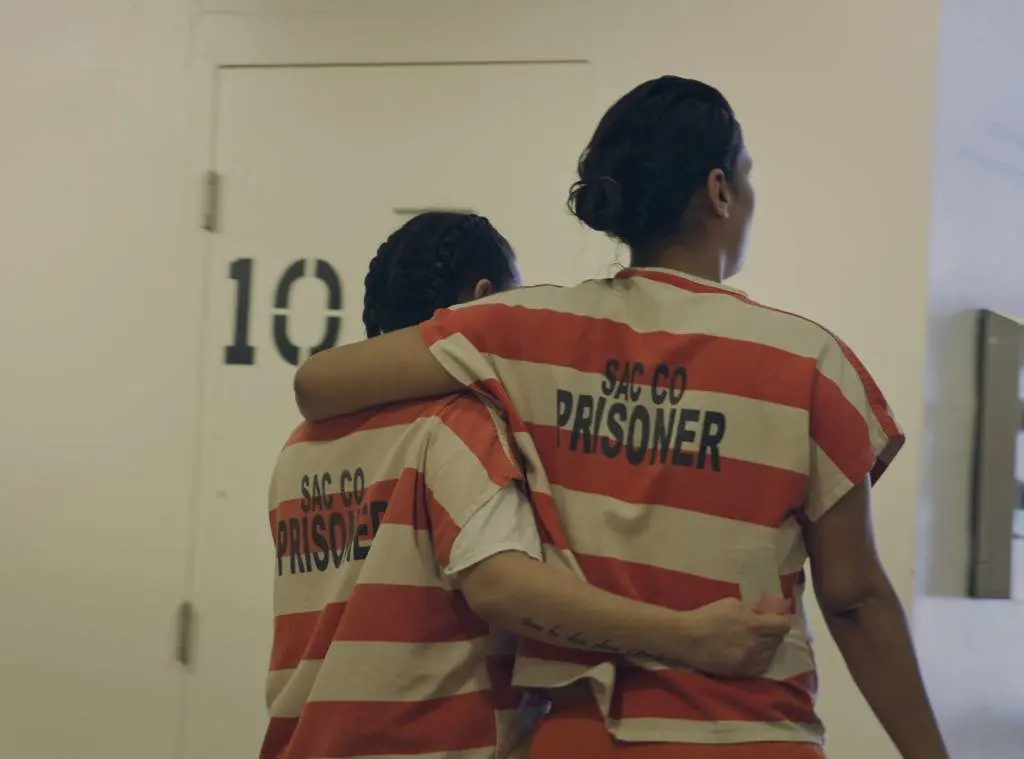Summary
A highly compelling documentary series rich in detail, colorful personalities, and the essential contradictions of life inside.
Netflix’s new six-part documentary series Jailbirds is a fine piece of work, and a useful real-life counterpart to one of the streaming platform’s flagship shows. But obvious parallels with Orange is the New Black aside, Jailbirds stands on its own as a highly compelling portrait of female life inside Sacramento County Jail.
Part of the series’ success is how it captures the whiplash of prison life; those harsh, neck-snapping swerves from uplifting solidarity to moments of violence, tragedy, and trauma. It’s looking at the full breadth of experience represented by the various inmates — some of whom haven’t yet been convicted of any crimes — who shuffle into the facility, their hands tucked into their waistbands because they’re deemed to be potential weapons. Little details like that, and a complex network of communication and smuggling conducted through the building’s toilets, help Jailbirds to feel as though it’s revealing canny hidden truths about prison life, but its greatest truth of all is in how quickly it can leave you laughing, crying, or sitting in stunned silence, often within the span of a single scene.

That’s what’s powerful about the series, I suppose because it feels closest to what it is about incarceration that truly constitutes a punishment: The stripping away of basic human rights and freedoms. It’s easy to forget sometimes that these people are prisoners. They have access to phones and dice; they have jobs. Many are very charismatic and mostly upbeat; they form friendships and relationships, and they laugh often and loudly. But the essential truth of prison life is that those things can be taken away, without warning or explanation, by other inmates or the Country Sheriff’s Department deputies. A prisoner who believes herself to be due for release is unceremoniously told she’s staying. Moments of joking and giddiness erupt into violence. The overall effect is jarring, and you have to assume that’s the point.
If Jailbirds were a work of dramatic fiction, its constant and sudden shifting between genres would be a criticism. But in this case, it’s integral to the overall effect. The cliquish buddy-comedy routine of established inmates morphs into a bizarre horror show as a new arrival, pretty but evidently spaced out, is escorted into the holding area to jeers and threats. These sudden lurches into different emotional territory — the reveal of a snitch is a terrifying example — are powerful, and persist throughout, making Jailbirds a constantly riveting and insightful experience.




